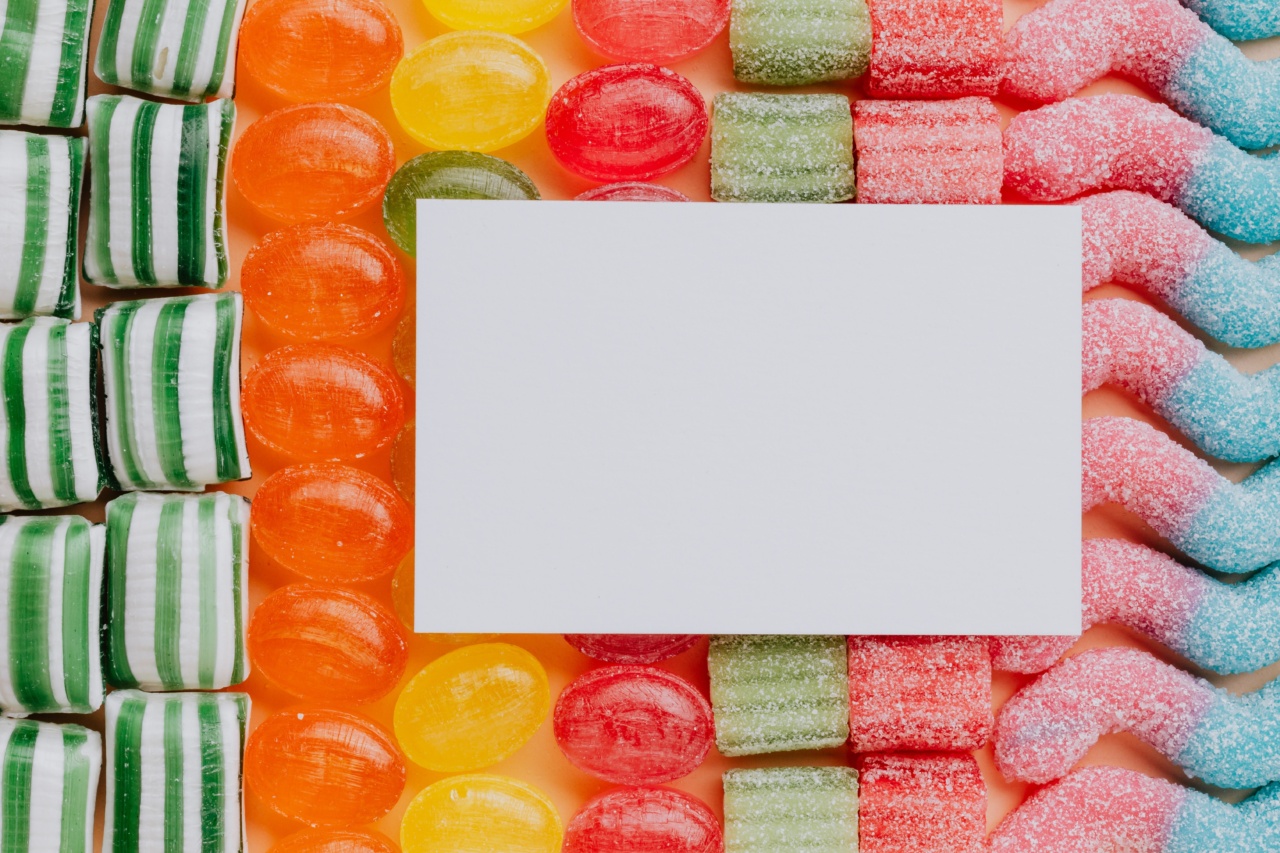Clean Monday, also known as Pure Monday or Ash Monday, is the first day of Great Lent in the Eastern Orthodox Church. It is a day of strict fasting and abstaining from meat, eggs, and dairy products.
In Greece, Clean Monday is celebrated with kite flying, traditional dances, and a feast of seafood and vegetarian dishes.
If you are watching your caloric intake, Clean Monday can be a great opportunity to indulge in delicious yet low-calorie foods. However, the truth about calorie counts may surprise you.
1. Calorie counting is not always accurate
Calorie counting is based on the assumption that all foods contain a certain number of calories per gram of protein, fat, and carbohydrates. However, not all foods are created equal.
Some foods have a higher thermic effect, meaning they require more energy to digest and therefore burn more calories in the process. Other foods have a lower glycemic index, meaning they are digested slower and therefore keep you fuller for longer. Calorie counting also does not take into account individual differences in metabolism, genetics, and gut microbiota.
2. Quality matters more than quantity
When it comes to weight loss and overall health, quality matters more than quantity. Eating a high-quality diet that is rich in nutrients, fiber, and phytochemicals can improve your insulin sensitivity, reduce inflammation, and prevent chronic diseases.
On the other hand, eating a low-quality diet that is high in refined carbohydrates, saturated and trans fats, and artificial additives can impair your health even if you stay within your daily calorie limit. Therefore, instead of focusing solely on calorie counts, aim to eat whole, minimally processed foods that nourish your body and mind.
3. Low-calorie does not mean low-nutrient
Contrary to popular belief, low-calorie does not mean low-nutrient. In fact, some of the most nutrient-dense foods are also low in calories.
For example, leafy greens such as kale, spinach, and arugula are rich in vitamins, minerals, and antioxidants while being low in calories. Other examples include cruciferous vegetables such as broccoli, cauliflower, and Brussels sprouts; berries such as blueberries, strawberries, and raspberries; and legumes such as lentils, chickpeas, and black beans.
Incorporating these foods into your Clean Monday meal plan can provide you with a plethora of health benefits while keeping your calorie count in check.
4. Portion control is key
Even if you are eating healthy, low-calorie foods, portion control is still key. Eating too much of anything can lead to weight gain and other health issues. Therefore, aim to eat until you are 80% full, not stuffed.
Use smaller plates, bowls, and utensils to trick your brain into thinking you are eating more than you actually are. Slow down and savor your food, chewing well and paying attention to your hunger and fullness cues. And if you do indulge in a high-calorie treat, compensate by reducing your portion size or increasing your physical activity.
5. Your mindset matters more than anything
Finally, your mindset matters more than anything when it comes to Clean Monday or any other dietary pattern. If you approach food with guilt, fear, or restriction, you are more likely to have a dysfunctional relationship with food and your body.
Conversely, if you approach food with joy, curiosity, and gratitude, you are more likely to have a healthy relationship with food and your body. Remember that food is not just fuel, but also pleasure, culture, and connection. Use Clean Monday as an opportunity to reconnect with your traditions, your loved ones, and your inner self.
Conclusion
Clean Monday can be a time to celebrate Greek culture, spirituality, and community. It can also be a time to reflect on your own health and well-being. But calorie counting should not be your only focus.
Instead, focus on the quality, nutrient density, and portion control of your meals, as well as your mindset and relationship with food. By doing so, you can enjoy Clean Monday and every other day with balance, flavor, and joy.





























